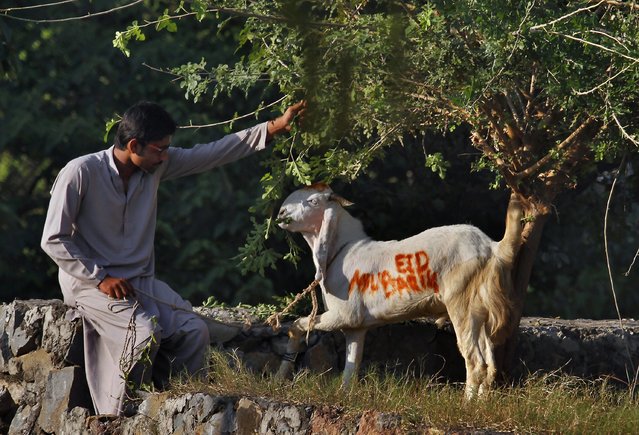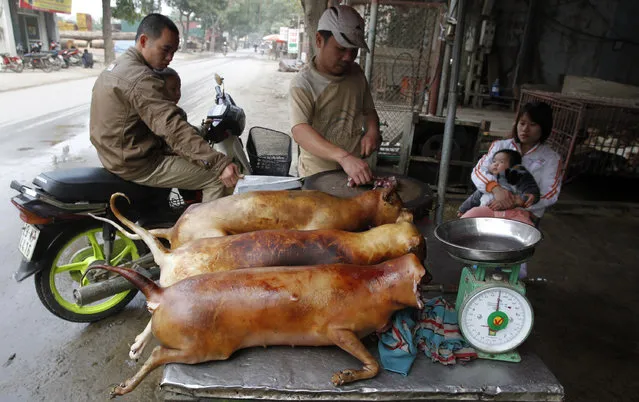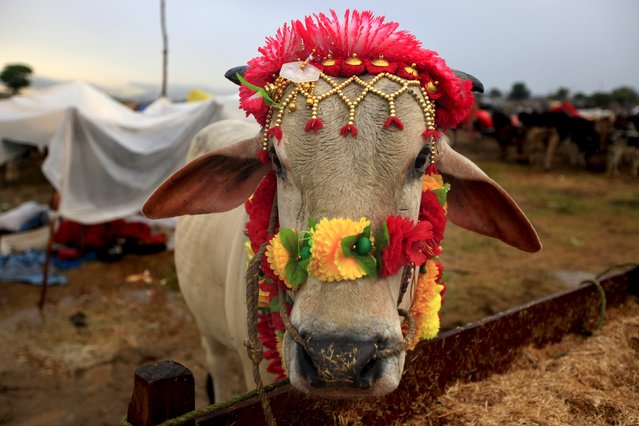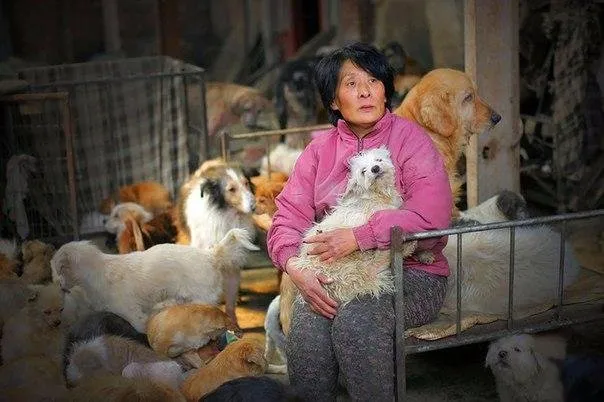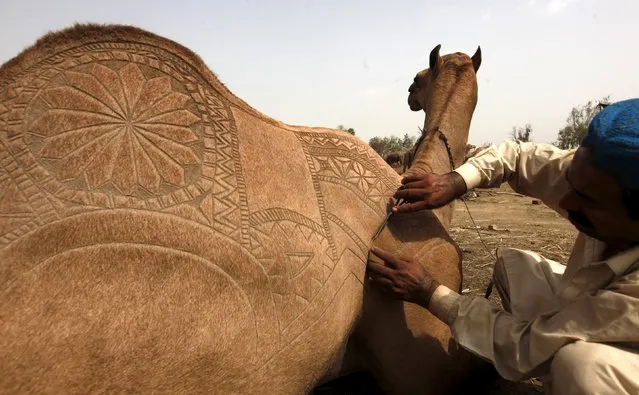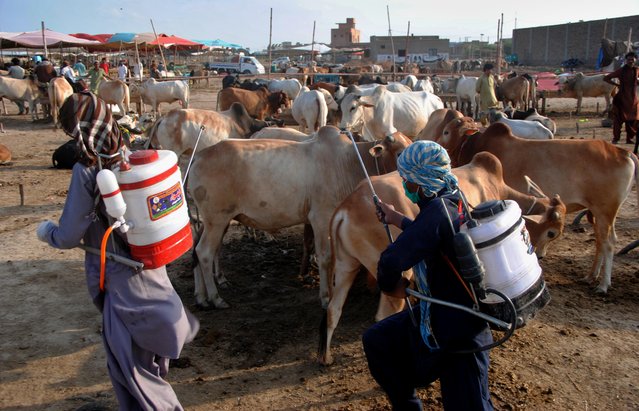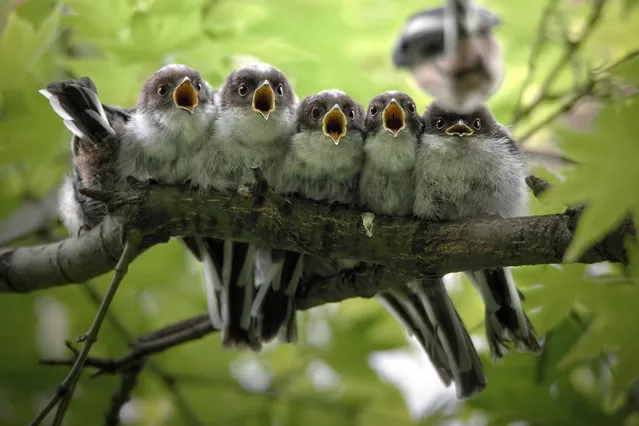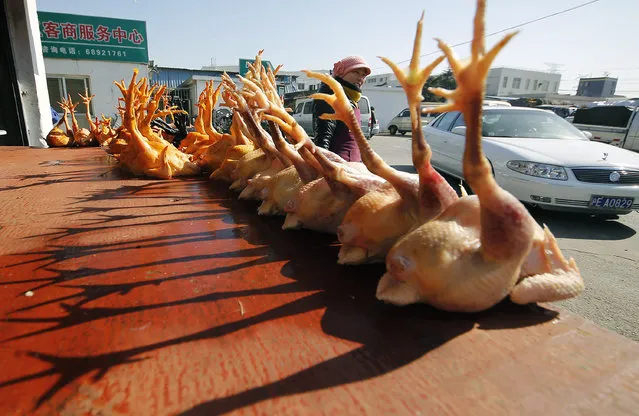
In this Tuesday January 21, 2014, file photo, slaughtered chickens are displayed for sale at a wholesale poultry market in Shanghai. The Chinese government on Tuesday, June 1, 2021, says a 41-year-old man has contracted what might be the w0orld’s first human case of the H10N3 strain of bird flu, but the risk of large-scale spread is low. (Photo by AP Photo/File)
17 Jul 2021 08:51:00,post received
0 comments

